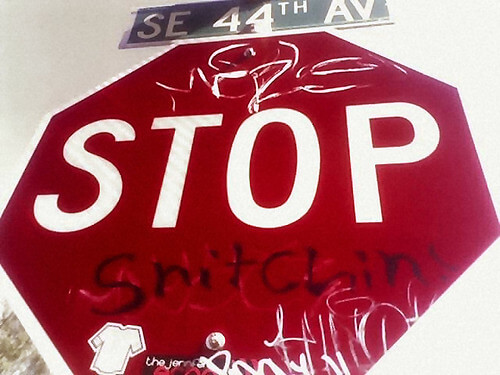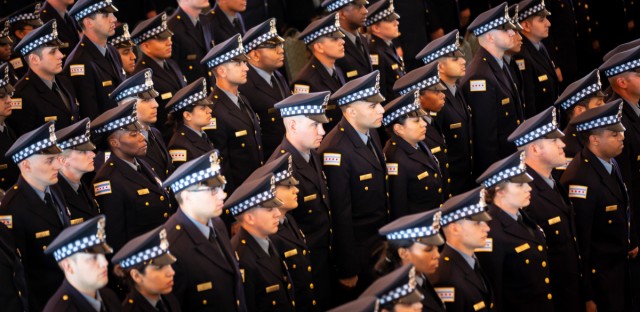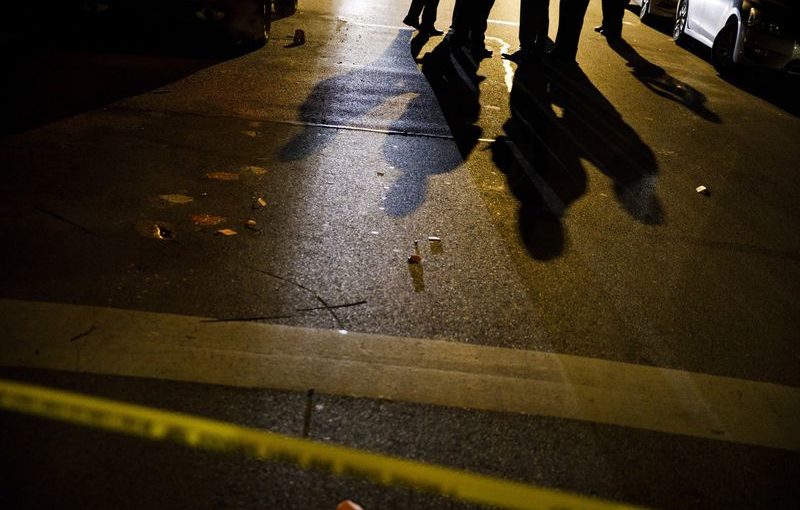08/05/19-Medium The goal of the study was to understand and break the “no snitching” culture of African Americans deemed at “high-risk” for being victims and perpetrators of crimes. Rod Brunson, CJRA Expert.
Author: Caitlin Kizielewicz
08/02/19-MAGMA Click to read more from Tom Mowen, CJRA Expert.
08/02/19-Politico “Police officers who work with colleagues who have racked up excessive force complaints are more likely to use excessive force themselves,” Andrew Papachristos, CJRA Expert.
08/02/19-Pacific Standard “Officers’ peers may serve as social conduits through which misconduct is learned and transmitted,” Andrew Papachristos, CJRA Expert.
08/02/19-The Crime Report “Crime scene investigators frequently express tremendous frustration after tirelessly canvassing for potential witnesses in urban areas characterized by low fatal and nonfatal shooting clearance rates,” Rod Brunson, CJRA Expert.
08/01/19-WBEZ “I think one of the things that we learned in the past work is that … deviance and delinquency is a group behavior. And the same is true with police,” Andrew Papachristos, CJRA Expert.
08/01/19-CBS Chicago “Police cannot do their jobs effectively without a working relationship with the community,” Andrew Papachristos, CJRA Expert.
08/01/19-The Chicago Tribune “This is true for both good and ‘bad’ behaviors. Criminologists have long known that networks play an important role in deviance and violence. … We are just starting to take the steps to see if these same ideas apply to ‘police deviance.’ Turns out they do,” Andrew Papachristos, CJRA Expert.
08/01/19-The Crime Report “Who we’re connected to affects what we feel, think and do,” Andrew Papachristos, CJRA Expert.
08/01/19-The Crime Report “For example, in sexual assault cases, officers are influenced by schemas that exist in both societal and police culture about what constitutes consent, ‘real rape,’ and the view that ambiguous or false claims are a common occurrence,” Amy Farrell, CJRA Expert.




